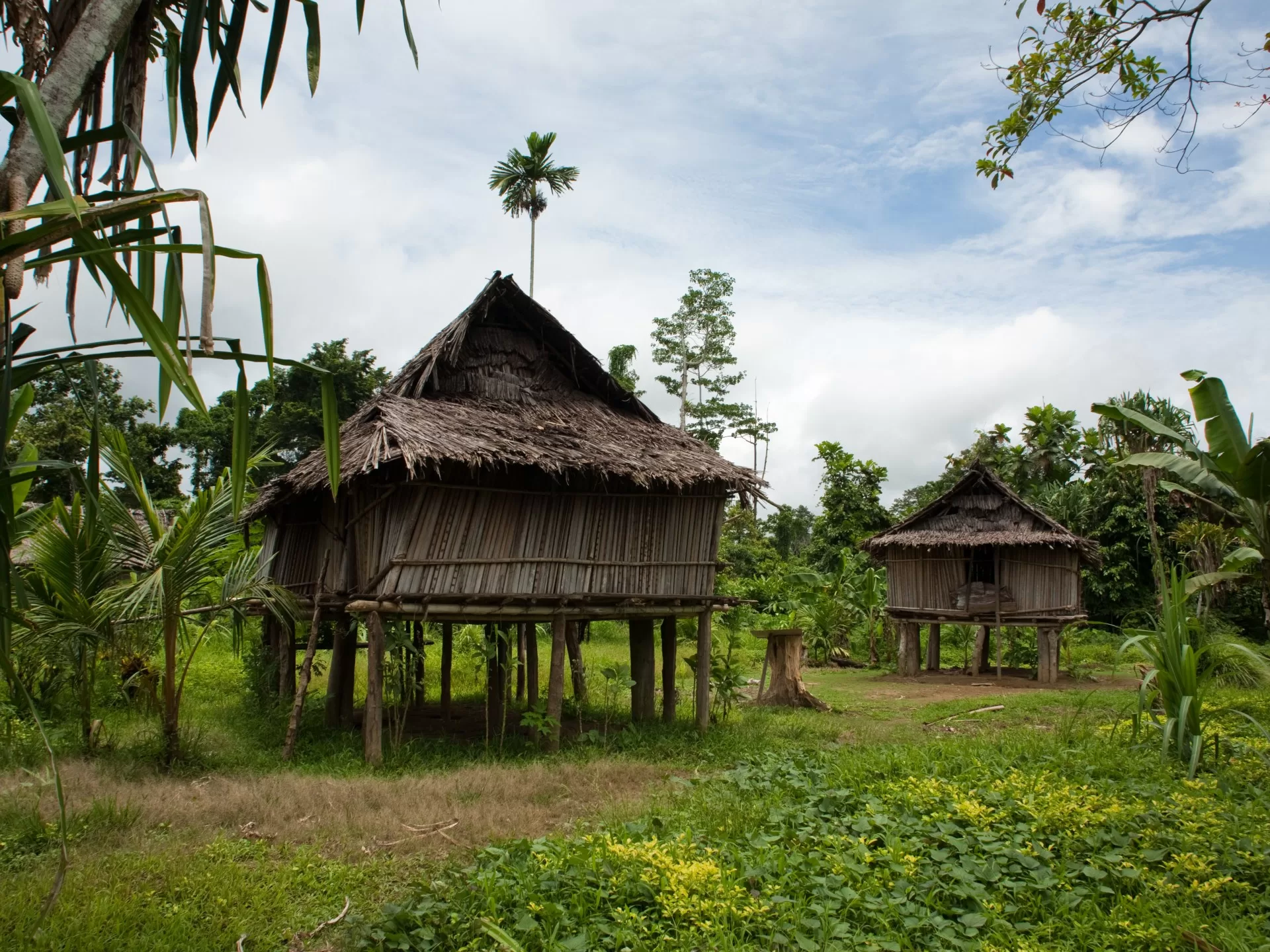Tribal violence escalating with influx of mercenaries and automatic weapons into the strained island nation.
A gang killed at least 26 men, women and children in an attack on three remote villages in Papua New Guinea’s north, police said.
The gang, which struck earlier this month, consisted of “30 young men”, according to James Baugen, a provincial police commander in East Sepik province. “It was a very terrible thing,” he told the Australian Broadcasting Corporation (ABC) on Friday,
“Some of the bodies left in the night were taken by crocodiles into the swamp. We only saw the place where they were killed. There were heads chopped off,” Baugen told ABC.
All the houses in the villages had been burned and the remaining villagers were sheltering at a police station, too scared to name the perpetrators. The attackers were hiding and there were no arrests yet, he added.
Volker Turk, the United Nations high commissioner for human rights, had confirmed that the attacks happened on July 16 and July 18 and were motivated by “a dispute over land and lake ownership and user rights”.
Turk said in a statement on Wednesday that the death toll could surpass 50 as authorities search for missing people. Sixteen children had been killed in the attack, he added, and more than 200 villagers had fled as their homes were torched.
“I am horrified by the shocking eruption of deadly violence in Papua New Guinea,” said the UN rights chief, calling on the authorities “to conduct prompt, impartial and transparent investigations and to ensure those responsible are held to account”.
Cycle of violence
Papua New Guinea, home to hundreds of tribes and languages, has a long history of tribal warfare. But an influx of mercenaries and automatic weapons has inflamed the cycle of violence.
In recent decades, the country’s population has more than doubled, placing increasing strain on land and resources, and stoking deepening tribal rivalries.
In February, Turk’s office had called on the South Pacific island nation to address the root causes of the unrest after dozens were killed in a clash between rival tribes.
At least 26 men were killed in an ambush in the Enga province in February. Eight people were killed and 30 homes torched in fighting in the same region in May.
Allan Bird, the governor of East Sepik, told ABC that violence in the country has been getting worse over the past 10 years.
“Over the last 10 years or so, if a crime is committed, investigations hardly result in arrest,” he said. Even if they are arrested, it’s difficult to go to court and go to jail. That is giving lawbreakers more courage to do the wrong thing.”
